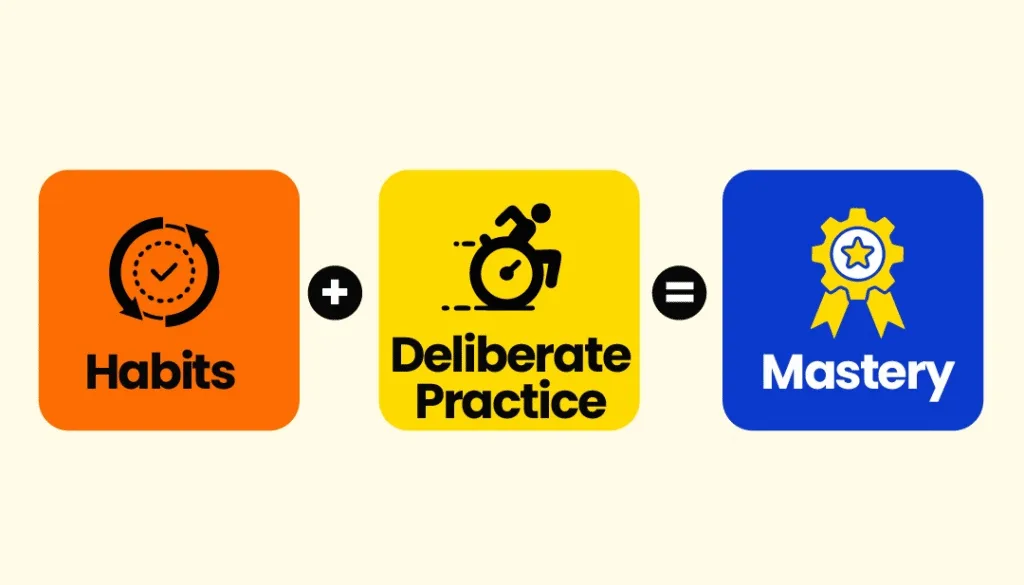Habits are the building blocks of success in civil service preparation. While most aspirants rush to collect books and resources, true preparation begins much earlier — with your daily habits. These routines help you study consistently, manage time effectively, and remain disciplined throughout the long journey. It starts with simple yet powerful actions: what time you wake up, how you plan your study hours, and how you divide your time between subjects, topics, and revision cycles.
Pick one habit first — for instance, setting a fixed wake-up time, developing a daily answer-writing practice, or revising current affairs regularly. Practice it until it becomes second nature, achieve mastery over it, and then move on to the next. Trying to change everything at once often leads to burnout; building habits one step at a time ensures steady growth.
For success in this exam, certain skills must become automatic. Just as basketball players must dribble without thinking before mastering advanced moves, or surgeons must perfect their first incision before focusing on complex operations, aspirants must make note-taking, answer-writing, and regular revision natural habits. When these basics are automated, your energy can shift to deeper analysis, critical thinking, and writing high-quality answers in the exam hall.

Once a habit is mastered, you must return to the effortful part of the process and begin building the next one. Mastery is about narrowing your focus to one small element of success, repeating it until you’ve internalised it, and then using that habit as the foundation for your next stage of development.
The beauty of this process is that old tasks become easier with repetition, but the overall journey doesn’t get easier — because now you are channelling your energy into the next challenge. This is not a sign of weakness but of growth. Each habit you master unlocks a new level of performance and confidence.
Civil service preparation is an endless cycle of learning, improving, and moving forward. By focusing on one habit at a time, you build a strong base for the next stage. In the end, it is these habits — not just your knowledge — that will carry you across the finish line.

The process of mastery requires that you progressively layer improvements on top of one another, each habit building on the last until a new level of performance has been reached and a higher range of skills has been internalised.











